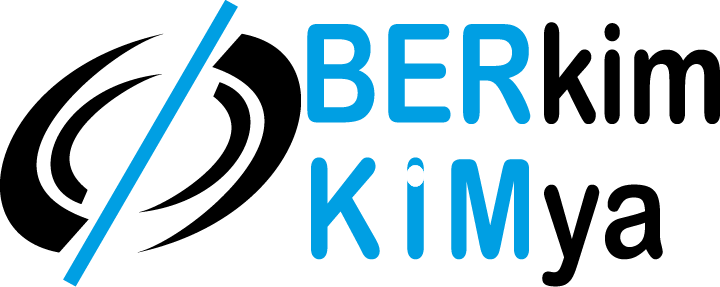Printing
Printing and printing paste are:
Printing is the process of coloring a certain area or creating localized color erosion on a fabric. While in dyeing, the important parameter is to achieve a uniform color on the entire fabric surface, in printing, only the areas where the pattern exists are colored. The key feature of printing is to color only the area where the pattern is located, rather than the entire fabric surface. The methods and machines used in dyeing, as well as the low viscosity dyeing liquors prepared with water, are not suitable for printing.
Printing paste is a viscous solution consisting of substances that ensure the attachment of the dye substance to the fiber, thickeners, and other auxiliary materials that have a certain viscosity.
Characteristics of Materials in Printing Paste:
Water:
Water is used in the preparation of printing paste and constitutes the majority of the prepared paste. The water used should not contain ions that cause hardness in water (such as Ca+2, Mg+2, etc.) and heavy metal ions. If hard water is used during the preparation of the printing paste, ion absorbers such as Segaquest CPL and Segaquest DP should be used.
Thickeners:
The thickeners used in printing operations do not interact chemically with the other substances in the printing paste. These materials are the ones that give the desired consistency to the printing paste.
Thanks to the adjustable consistency that thickeners provide to the printing paste, despite the hydrophilic property of the fabrics, they prevent the spread of dye substances on the fabric surface, preventing the mixing of patterns and enabling the creation of patterns with clear boundaries.
Alkalies and Acids:
The pH value of the printing paste should be specific to the type of fabric to be printed on. In some dye substances, the pH value is highly effective in the formation of the dye-fiber bond. For example, the pH value of the printing paste should be slightly acidic for dispersal printing, while it should be alkaline for reactive printing. It is also important that the acidic products to be used have low volatility.
Dispersers:
Dispersers ensure the dispersion of the colorant in printing inks as finely as possible, and the existing dispersion is homogeneous and durable. Good dispersion enables faster and complete reactions in the fixation process.
Printing wetting agents and air eliminators:
When preparing a printing ink, a wetting agent is added to prevent the agglomeration of the colorant in powder form and to ensure better dissolution or dispersion. If the colorant agglomerates inside the ink, it causes dark spots to form by accumulating on the fabric.
PRINTING TYPES:
- Pigment printing
- Pigment discharge
- Disperse printing
- Screen printing
- Indanthrene (discharge) printing
- Reactive printing
- Acid printing
SPECIAL PRINTING:
- Devore printing
- Foil printing
- Puff printing
- Pearl printing
- Flock printing
- Gold printing
Translation:
Disperse Printing Pastes
BERPRINT DPW
Disperse printing thickener recommended for printing with disperse dyes on polyester and polyester blend fabrics.
It provides high color yield, especially in the printing of thin polyester (PES) and scarf fabrics. Advantageous due to its easy solubility in cold water. Provides high color yield and easy printability. Easy washability helps to remove excess from the fabric. Suitable for rotation and flatbed printing machines thanks to its viscosity properties. Ecological due to its natural structure.
BERPRINT R PLUS
Textile printing paste thickener suitable for reactive dyes for flat and rotary printing machines for cellulose fabrics.
CMC High color yield. Excellent surface smoothness. Higher printing compared to alginates. Time-saving (does not require waiting for swelling like alginates) and ready for printing in 25-30 minutes. Easily removed from the fabric by washing. Medium viscosity product. For rotation, film printing, and hand printing. The recommended usage amount is 40-45 g/kg, depending on the desired viscosity. Preferred for the printing of knitted viscose/cotton fabrics due to its penetration properties.
READY-TO-USE PRINTING PASTES
MATWEISS
BERPRINT WHITE XMW
Ready-to-use matweiss white printing paste that provides high opacity and coating effect on dark-colored cotton, viscose knitted and woven fabrics, and their blends.
Provides high opacity. Suitable for rotation, roll, piece, and flatbed printing machines.
BERPRINT WHITE UMT
Economical ready-to-use matweiss white printing paste that provides opacity and coating effect on dark-colored cotton, viscose knitted and woven fabrics, and their blends.
Provides high opacity. Suitable for rotation, roll, piece, and flatbed printing machines.
BERPRINT WHITE GV
Ready-to-use matweiss white printing paste that provides high opacity and coating effect on dark-colored cotton, viscose knitted and woven fabrics, and their blends.
Provides high opacity. Suitable for rotation, roll, piece, and flatbed printing machines.
DARK BACKGROUND PASTE
BERPRINT BRZ
Ready-to-use dark background printing paste that provides high opacity and coating effect on dark-colored cotton, viscose knitted and woven fabrics, and their blends.
Provides high opacity. Suitable for rotation, roll, piece, and flatbed printing machines.
BERPRINT GCP NEW
Ready-to-use printing paste that provides high opacity and coating effect with vivid colors on dark-colored cotton, viscose knitted and woven fabrics, and their blends.
Provides high opacity. Suitable for rotation, roll, piece, and flatbed printing machines. With pigment dyes.
Recommended Printing Recipe
BERPRINT GCP NEW 1000-x g/kg
Pigment dye x g/kg
ABRASION PASTE
BERPRINT ABRASION – BERPRINT WHITE ABRASION
Ready-to-use abrasion pastes for dark ground fabrics dyed with abrasive dyes. Suitable for rotation, roll, piece, and flatbed printing machines.
BERPRINT WHITE ABRASION is a white abrasion ink with high coverage.
Recommended Printing Recipe:
BERPRINT ABRASION: 830 g/kg BERPRINT WHITE ABRASION Urea: 100 g/kg Abrasive Material: 70 g/kg

